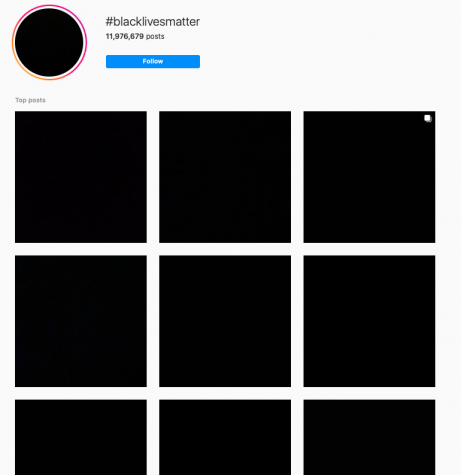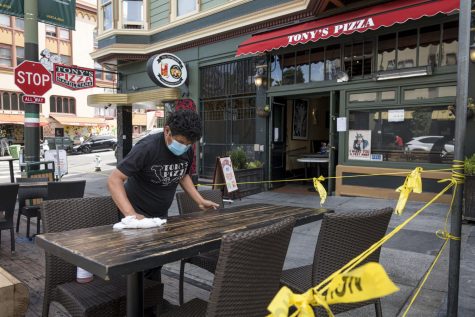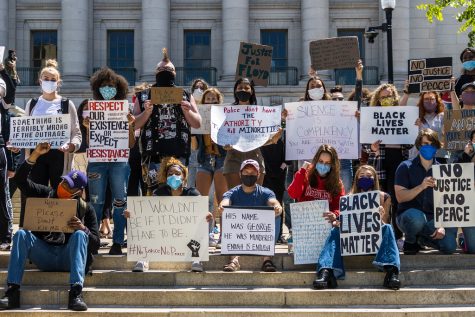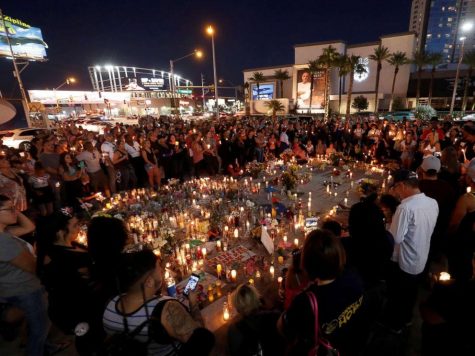What’s the Point of Sending in a Ballot?

October 7, 2015

By Linette Munoz
We have all seen awareness campaigns and have heard speeches that try to motivate us to get out there and vote for the national election, but nothing changes. The 18-24 year age range still has the lowest voting turnout overall. The previous election was the 12th year that less than 50 percent of eligible voters between the ages of 18 to 24 actually voted. Only 38 percent of young adults voted. The question is: why aren’t college-aged adults voting?
Some people will say it has to do with the issues politicians tackle and how young adults do not care about them. Out of the contenders in the current primary season, the only one who seems to be delving into the issues of tuition fees and student loans is the old guy that seems like the grandfather I have always wanted (I am looking at you, Bernie Sanders). The other politicians just touch the surface of these issues while diving into issues that deal with things older voters are interested in.
And why wouldn’t they? It makes the most political sense to appeal to the older population, the population that had the highest voter turnout in the 2012 presidential election. But at the same time, they are closing off the voters who could vote for them. How do they expect college-aged adults to get involved in voting if nothing pertains to us? Why would we care about things such as social security while we are being punished for years with debt because we decided to get a better education and pursue a better life? But if topics are the case, why are some young adults still voting? Topics, then, can’t be the sole reason as to why voting is so low among young adults.
Others will say it is because we are constantly moving and are not settled down until we move up to the next age bracket. We have other things on our mind, like finding a job. Filling out the paperwork to vote in a state you might move out of for a job is time consuming and impractical. While this may be true, there are other reasons for low voting among the 18-24 age group that has not been touched on by the public.
Think back to your high school days, before you turned 18. What did you learn? Maybe how to balance a chemical equation. Maybe how to say hello in Spanish, Italian or German. Maybe you learned how to identify the powerhouse of the cell (it is the mitochondria for those who did not know). Now, think about when you used any of that information outside of academia (other than to win a trivia night). Personally, the things I spent hours studying in high school have rarely helped me out in the real world. That is the problem. The education system is not teaching us practical tools to navigate through this democratic nation. Voting was only mentioned to me once while I was in an advanced placement history class, and my teacher had us watch and discuss a debate. That is more than what some of my friends or even my brother, who went to a different school, learned. We are not taught the importance of voting until we get to college, and by then we have already been taught that it isn’t important. If voting was as important as finding the the derivative, something my calculus teacher said I would use in real life one day, wouldn’t it have been taught to us in high school with the rest of the things we have learned?
Voting is portrayed to us as something that adults do on a Tuesday in November. It is a spectacle to be seen on a late night as if we were watching the X Factor or So You Think You Can Dance, not determining the leader of the nation. We are not taught that voting is a voice for us, a way to get what we want done. Instead, we are told to write letters to our Senators and Representatives. We are told to stand outside in protest and sign petitions. We are told to share a picture on Facebook. We are taught to do things after the votes have been cast, after people who will do nothing for us are in power.
We do not vote because we do not realize the power that we have. Our votes can be seen as our voices; who we decide to pick as the leader of our nation, our states and our districts determine the legislature of our future. We have been failed by the systems in this country that were supposed to empower us. Instead of teaching us what tools we have for change, we were taught a lot of useless information to make us seem competitive to other countries.
Young adults have an obligation to ourselves to vote. It is the most effective way to make our voices heard. If we do not like something, let’s change it. We can do it, so why not? Learn how to apply for an absentee vote (something that is counted regardless of the myth that says it is not). Make sure to vote if you can. Get involved in politics because our votes matter in determining the future of this nation, and our own future.
That is the point of sending a ballot.
Linette Munoz, FCRH ’16, is a psychology major from Toms River, New Jersey.










If you want a picture to show with your comment, go get a gravatar.